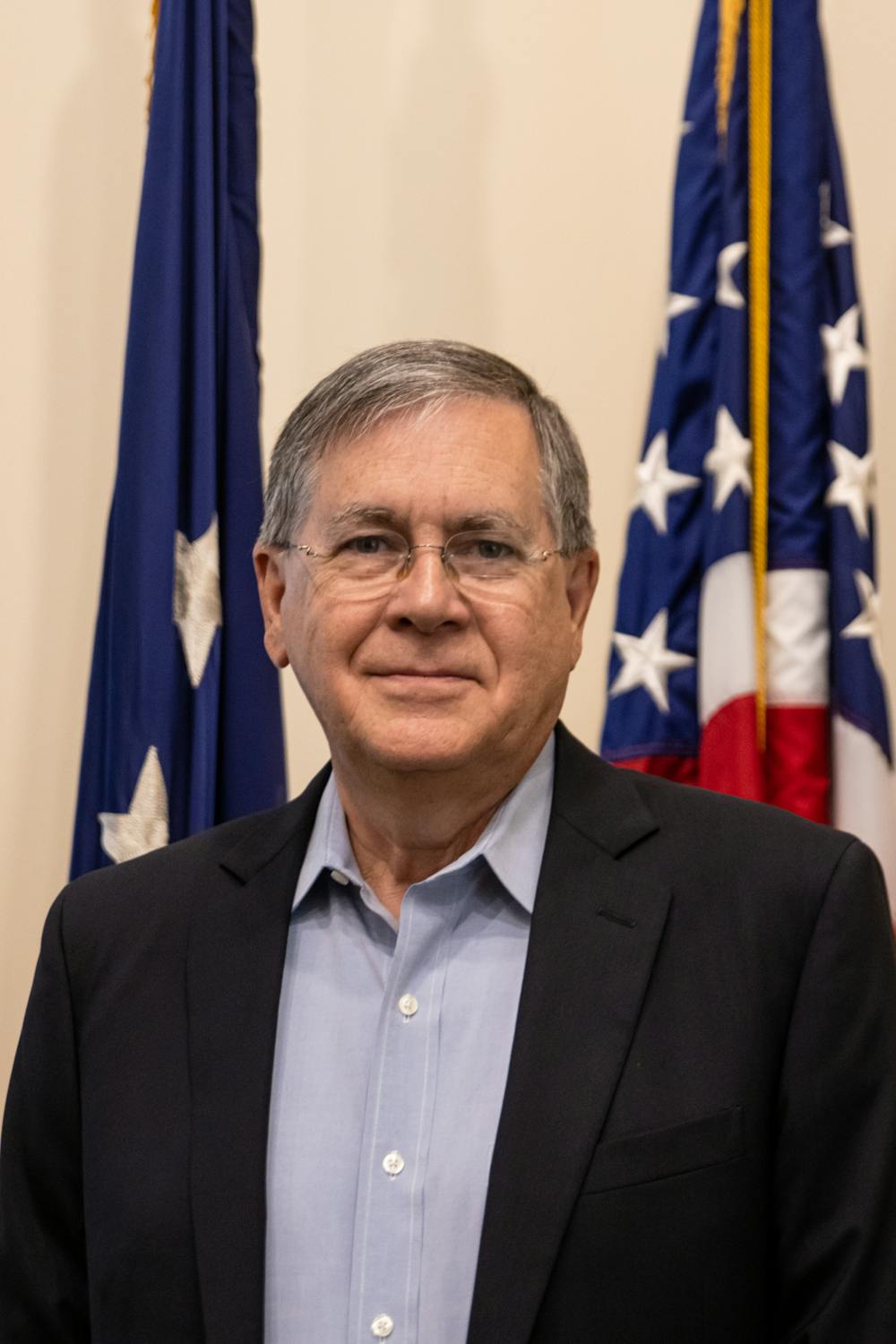Satterfield eyes research expansion as new Baker Institute head

Ambassador David Satterfield assumed the position of director of the Baker Institute of Public Policy July 1. He succeeds the previous director, Ambassador Edward Djerejian, who served as director of the institute for 28 years.
Satterfield spent most of his career working in the U.S and overseas, with a focus on the Middle East, North Africa and NATO connectivity between Europe and the Middle East, and recently focusing on Russia and China as key players. He assumes this position with 43 years of experience working for the U.S government, with 41 of those years as a foreign service officer in the Department of State.
“I come to Rice after almost half a century [of work] in the government, with a deep practical background in Washington,” Satterfield said. “I think that well prepares any director for the unique work of this institute which is to reflect in a fact-based, nonpartisan fashion on critical issues that affect American lives.”
President Reginald DesRoches said Satterfield was chosen as director by a committee chaired by director of the Baker Institute of Advisors Marc Shapiro and former Rice President David Leebron.
“The Baker Institute is a vital part of the university and the broader Houston community,” DesRoches said. “With over four decades of diplomatic service and policy and management leadership experience – both in the United States and overseas in the Near East and Europe – [Satterfield] is well suited to maintain and grow the superb legacy I know he will continue to maintain and grow the institute’s critical, globally renowned policy research and outreach as well as the strong and productive relationships the institute has with our schools, faculty and students that Ambassador Djerejian established at the institute as its founding director.”
Leebron said that the breadth and depth of Satterfield’s experience in the State Department made him emerge as a frontrunner amongst the candidates early on in the search process.
“We wanted someone who would continue to build relationships with the faculty of the university and build relationships with the [university’s] leadership,” Leebron said, “The search committee was extremely enthusiastic about this choice and really felt grateful that Ambassador Satterfield was available to take this opportunity.”
Provost Amy Dittmar said she was excited to work with Satterfield.
“Rice was very fortunate to have recruited Ambassador Satterfield. I know he will continue to maintain and grow the institute’s critical, globally renowned policy research and outreach as well as the strong and productive relationships the institute has with our schools, faculty and students,” Dittmar said.
Thomas Kovac, co-president of the Baker Institute Student Forum, also expressed excitement in working with Satterfield.
“We’re excited to start a new chapter of relations with the ambassador,” Kovac said, “BISF had a great relationship with Ambassador Djerejian and we’re looking forward to the same with Ambassador Satterfield.”
Satterfield said he acknowledges that the global political environment has changed since he began his diplomatic work and hopes to address this as the institute’s director.
“I won’t be breaking new ground by saying the world today is far more complex and challenging than in the last decades,” Satterfield said. “What the institute seeks to do is to assess … aspects of these challenges of the global situation and then present judgments, conclusions, options and recommendations for ways forward based upon those facts.”
Satterfield said his goals are aligned with the university’s aim to expand as a research institute.
“It is very important that both the university and the institute look to the future and how we can expand what we are doing, enhance what we are doing and attract the type of staff that are able to take on additional challenges which this world presents in many ways,” Satterfield said.
Satterfield said students hoping to study public policy should consider the different opportunities the institute offers in the field.
“I would encourage students to consider the opportunities that the institute presents to become informed on these issues of public policy, national policy, foreign policy and international relations,” Satterfield said. “[These are issues that] will affect their lives every day in the future.”
More from The Rice Thresher

Rice welcomes 7.8% of applicants to class of 2029
Rice accepted 2,852 applicants to the class of 2029 March 26, said Yvonne Romero, vice president for enrollment. This represents 7.8% of 36,777, the highest acceptance rate since 2022.

Engineering school celebrates 50th anniversary, invites students, alumni and speakers
The George R. Brown School of Engineering invited engineering alumni, students and faculty to celebrate its 50th anniversary March 28-29. The event, which took place in the Engineering Quad, included speakers, a drone show, alumni gatherings and other social events like mixers.
Student store offers discounted merch to students
Select merchandise from the Campus Bookstore will now be available to students for a discounted price, according to an Instagram post by the Student Association in collaboration with the Campus Bookstore. Each month, designated “spirit items” will be offered at a 10% discount. For the month of March, the selected merchandise was two blue Rice T-shirts.


Please note All comments are eligible for publication by The Rice Thresher.